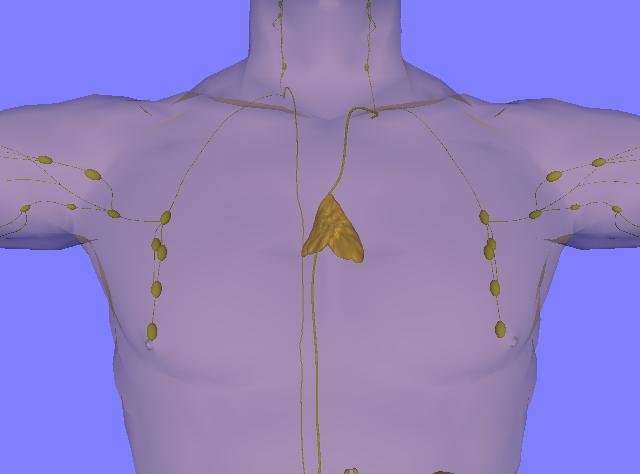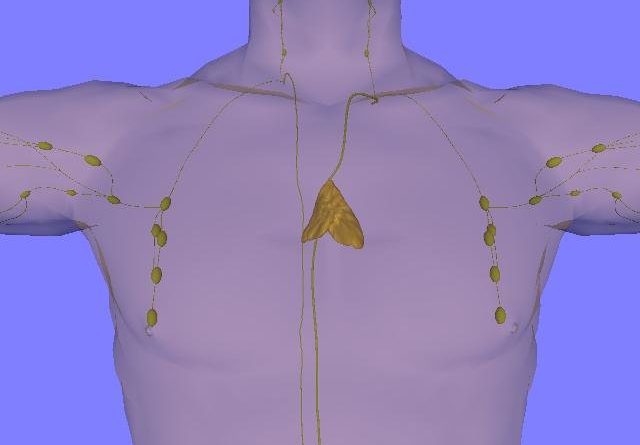contingencia ambiental df 18 mayo 2013

The thymus gland—which produces immune T cells before birth and during childhood— is often regarded as nonfunctional in adults, and it’s sometimes removed during cardiac surgery for easier access to the heart and major blood vessels.
New research led by investigators at Massachusetts General Hospital (MGH) and published in the New England Journal of Medicine has uncovered evidence that the thymus is in fact critical for adult health generally and for preventing cancer and perhaps autoimmune disease.
To determine whether the thymus provides health benefits to adults, pharmacy williamson street the team evaluated the risk of death, cancer, and autoimmune disease among 1,146 adults who had their thymus removed during surgery and among 1,146 demographically matched patients who underwent similar cardiothoracic surgery without thymectomy. The scientists also measured T cell production and blood levels of immune-related molecules in a subgroup of patients.
Five years after surgery, 8.1% of patients who had a thymectomy died compared with 2.8% of those who did not have their thymus removed, equating to a 2.9-times higher risk of death. Also during that time, 7.4% of patients in the thymectomy group developed cancer compared with 3.7% of patients in the control group, for a 2.0-times higher risk.
“By studying people who had their thymus removed, we discovered that the thymus is absolutely required for health. If it isn’t there, people’s risk of dying and risk of cancer is at least double,” says senior author David T. Scadden, MD, director of the Center for Regenerative Medicine at MGH and co-director of the Harvard Stem Cell Institute. “This indicates that the consequences of thymus removal should be carefully considered when contemplating thymectomy.”
In an additional analysis involving all patients in the thymectomy group with more than five years of follow-up, the overall mortality rate was higher in the thymectomy group than in the general U.S. population (9.0% vs. 5.2%), as was mortality due to cancer (2.3% vs. 1.5%).
Although Scadden and his colleagues found that the risk of autoimmune disease did not differ substantially between the thymectomy and control groups as a whole in their study, they observed a difference when patients who had infection, cancer, or autoimmune disease before surgery were excluded from the analysis.
After excluding these individuals, 12.3% of patients in the thymectomy group developed autoimmune disease compared with 7.9% in the control group, for a 1.5-times higher risk.
In the subgroup of patients in whom T cell production and immune-related molecules were measured (22 in the thymectomy group and 19 in the control group, with an average follow-up of 14.2 postoperative years), those who had undergone thymectomy had consistently lower production of new T cells than controls and higher levels of pro-inflammatory molecules in the blood.
Scadden and his team now plan to assess how different levels of thymus function in adults affect individuals’ health. “We can test the relative vigor of the thymus and define whether the level of thymus activity, rather than just whether it is present, is associated with better health,” he says.
Additional co-authors include Kameron A. Kooshesh, MD, Brody H. Foy, DPhil, David B. Sykes, MD, Ph.D., and Karin Gustafsson, Ph.D.
More information:
Kameron A. Kooshesh et al, Health Consequences of Thymus Removal in Adults, New England Journal of Medicine (2023). DOI: 10.1056/NEJMoa2302892
Journal information:
New England Journal of Medicine
Source: Read Full Article
